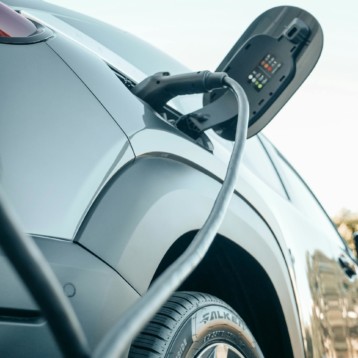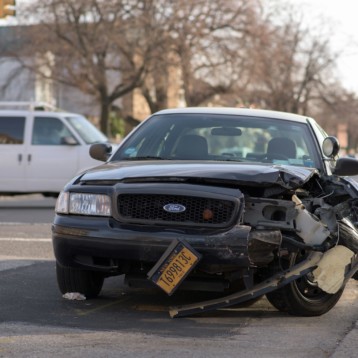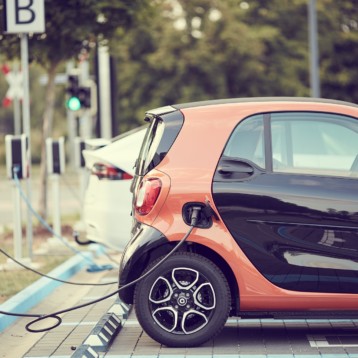
The whole process of buying a new car can be daunting, especially if it’s your very first purchase. Several dealers are branding their vehicles as the best in the market; how do you buy your car smartly with no regrets?
The majority of workers eventually face the reality of buying their dream car at a point in their lifetime. However, if you lack knowledge of the best car-buying tips, you may not find cool deals. Here are the top six tips for buying your car smartly.
1. Research the market
It’s unproductive to visit a car dealership to order a car without first-hand knowledge of the market. Conduct thorough research by starting from the price range you think you can afford. People interested in buying new cars may want to place more emphasis on the vehicle’s invoice price, not necessarily the manufacturer’s suggested retail price (MSRP).
The invoice price tells you how much the dealer paid for the car from the manufacturer. Instead of falling for the first offer, head to the negotiation table to determine if you can get more competitive prices. If you’re considering buying a second-hand vehicle, find out the recent resale value for that particular car model, as this information can give you good bargaining power.
2. Look into your financing strategies
Car dealership interest rates are usually higher than traditional bank loans and credit unions. For buyers who cannot self-finance their cars, banks and credit unions may be the best place to start sourcing their funds. Try to explore multiple financing options and compare the quotes of different financial institutions.
Check your credit history and credit score to get a fair idea of your creditworthiness. People with bad credit scores may want to postpone taking a loan until they can rebuild their good credit scores.
3. Take time to shop around
Good things don’t come at once. Unless you have an urgent need for a new set of wheels, you should exercise restraint with your car buying endeavor. Make time to shop around before you make the wrong move. Walk from one dealer to the next and study their rock-bottom prices. It may also be wise of you to explore out-of-town car dealers as well.
Dealers usually set their prices based on their locations, which means the nearest dealers aren’t always the best you can get. Once you’re sure of your model, head over to the internet and use online tools to arrive at the smartest decision. Car valuation resources like TrueCar and Kelley Blue Book (KBB) can provide reasonable estimates of how much you should pay for new or used cars.
4. Keep it simple when you visit the dealerships
Try to focus on one thing at a time when you visit a car shop to get a new car. Avoid the temptation to give salespersons more information than they need to know. After all, buying a car from a dealer is like playing a game with them. So, start targeting cars that fall within your budget and closely guard your buying secrets. In short, keep things simple, and don’t hesitate to walk away from a bad deal. There are always plenty of alternatives at your fingertips if you look far. If you have a car to trade in, then negotiate the price of this too. If you don’t have a car to trade in because you have been in an accident, you may be able to get some money by going through professional car accident attorneys.
5. Avoid overpaying
Weigh your budget to ensure that buying a car won’t take a massive toll on your financial situation, especially as the COVID-19 economic impact is far from over. The rule of thumb is that your car expenses shouldn’t cost you over 20% of your monthly take-home pay. These expenses may include insurance, gas, and maintenance.
If a 5-year new car loan doesn’t sound realistic, you probably don’t need a new car. The reliability of some used cars is relatively high these days, so you can consider buying a used vehicle to save money. If you’re a minimalist, it’s a smart idea to choose cost-effective vehicles like Vauxhall Cars. Remember to study the reviews and ratings to see which car brands or models are not too expensive to maintain.
6. Factor in the insurance costs
Insurance costs account for a significant percentage of the overall costs of your car. In general, sports cars have much higher premiums. Moreover, some car brands may have higher insurance rates than others. The insurance costs for popular cars like Honda Accord, Toyota Camry, and Honda Civic can be expensive and thieves often target these cars because of their high resale value. To get insurance premium quotes beforehand, provide insurance companies with the details of your favorite car.










